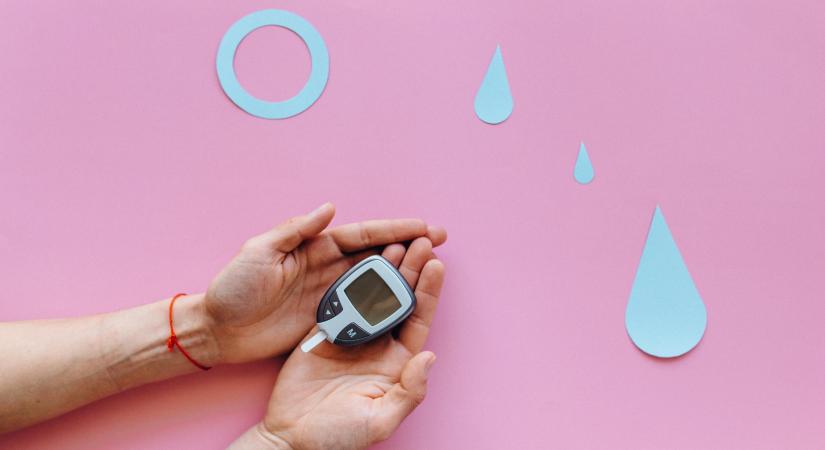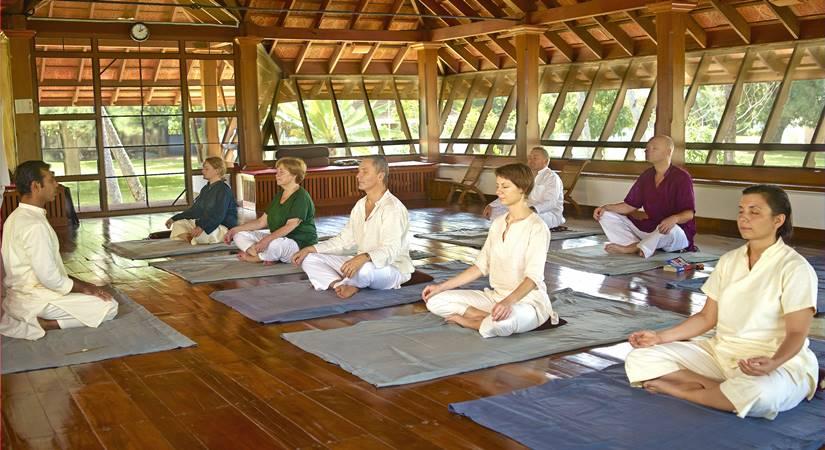Almond oil can be beneficial for conditions related to vāta and pitta imbalancesas well as internal body heat. Avoid foods that are spicy, hot, sour…writes Nitika Kohli
Are you experiencing symptoms such as heartburn, inflammation, acid reflux, increased hunger and thirst, body odor, and feelings of anger and frustration? These could be signs of an imbalance in pitta levels within your body.
According to Ayurveda, every individual’s body is governed by three active energies known as doshas – Vata Dosha, Pitta Dosha, and Kapha Dosha. The Pitta Dosha specifically regulates metabolic functions, thermoregulation, energy balance, pigmentation, visual processing, and attention. Imbalances in these doshas can lead to various health issues.
Here are three tips to help you balance the pitta dosha:
Follow a Pitta-Balancing Diet: Consuming naturally cooling and light foods can help pacify the pitta dosha. Opt for foods with a naturally sweet taste and include cauliflower, cucumber, leafy greens, pumpkin, peas, cilantro, ghee, coconut, and apples in your diet. Nuts like almonds, referred to as pittahara, are also beneficial for balancing pitta dosha. However, it is important to consume soaked and peeled almonds. Almond oil can be beneficial for conditions related to vāta and pitta imbalancesas well as internal body heat. Avoid foods that are spicy, hot, sour.
Practice Yoga: Engaging in yoga can help restore balance to the body. Specific yoga asanas that pacify pitta imbalances include Cobra posture (Bhujangasana), Cat stretch (Marjariasana), Child’s posture (Shishu asana), Forward bend (Pashchimottasana), seated wide-angle pose (Uppavistakonasana), and Corpse posture (Shavasana). It is important to maintain a moderate pace during physical activity to avoid excessive heat build-up. Additionally, incorporating meditation into your routine can help calm the body and regulate pitta levels.
Rest and Restore: Make time to relieve stress and promote relaxation for both your body and mind. Consider activities such as walking in nature, practicing breathing exercises, listening to music, or engaging in any other pursuit that brings inner peace and tranquillity.
ALSO READ-













